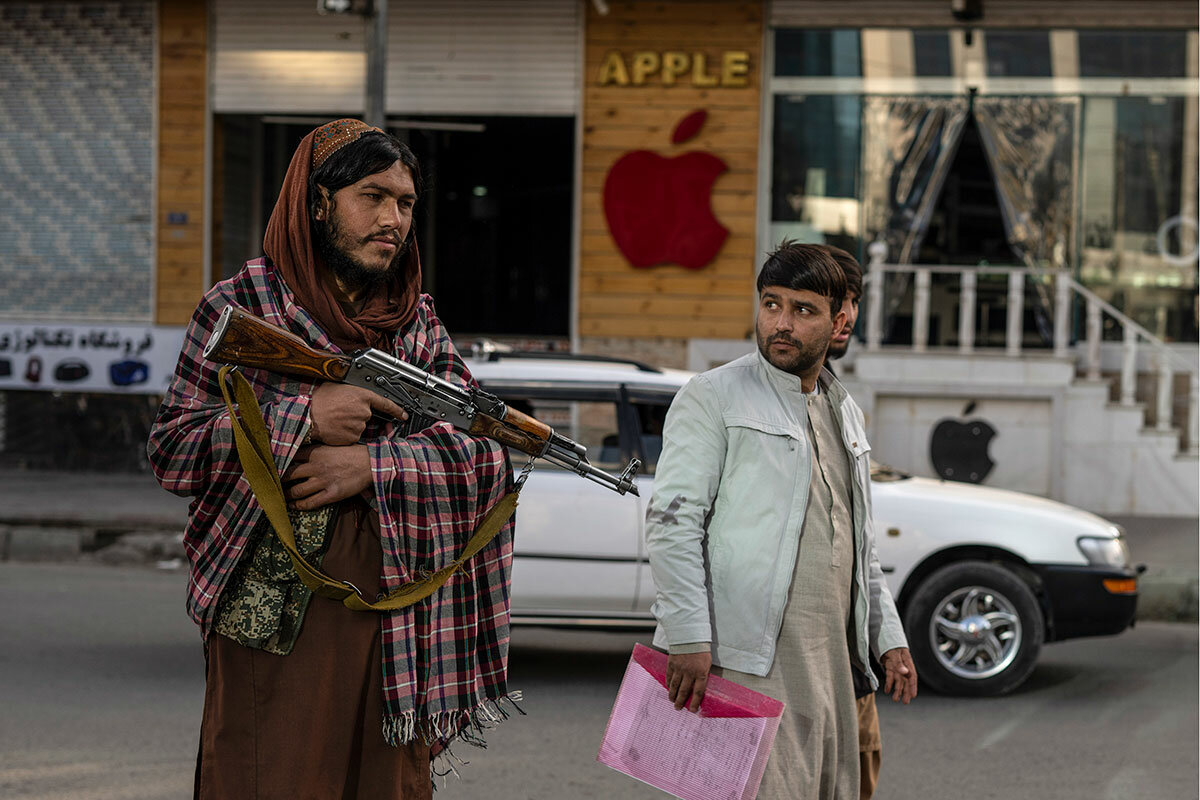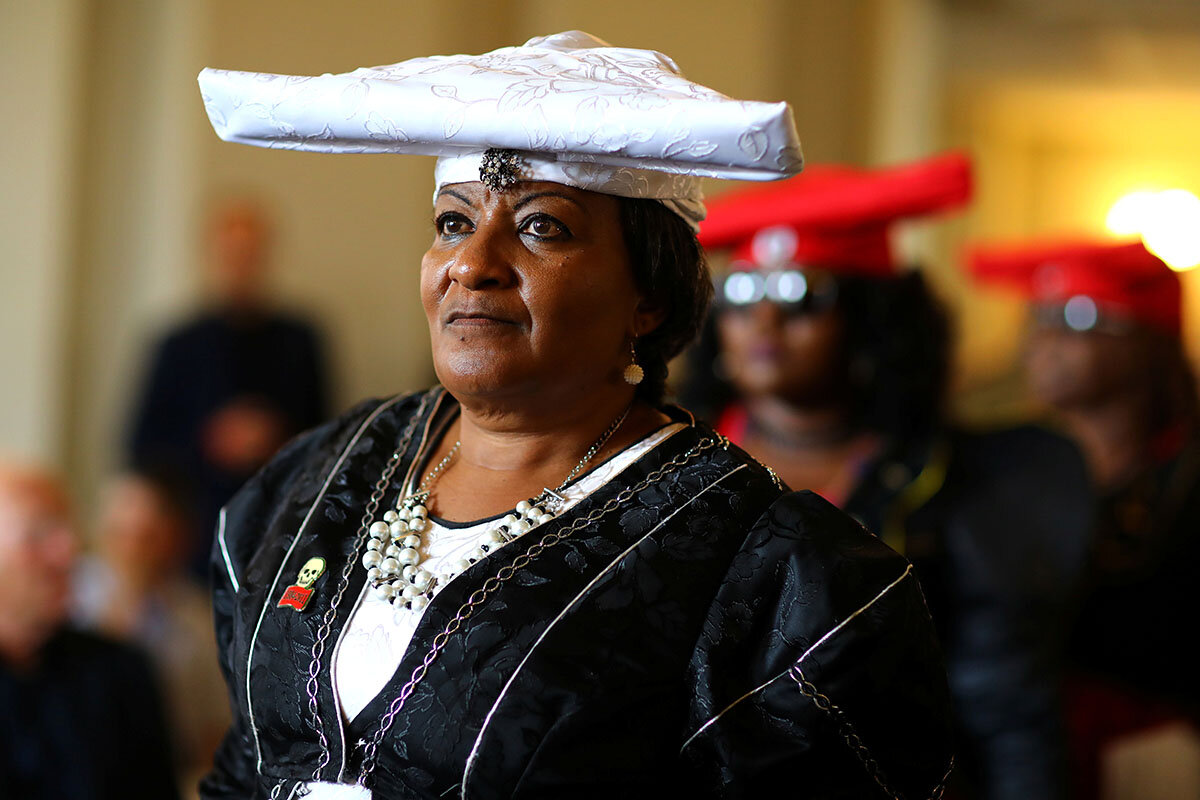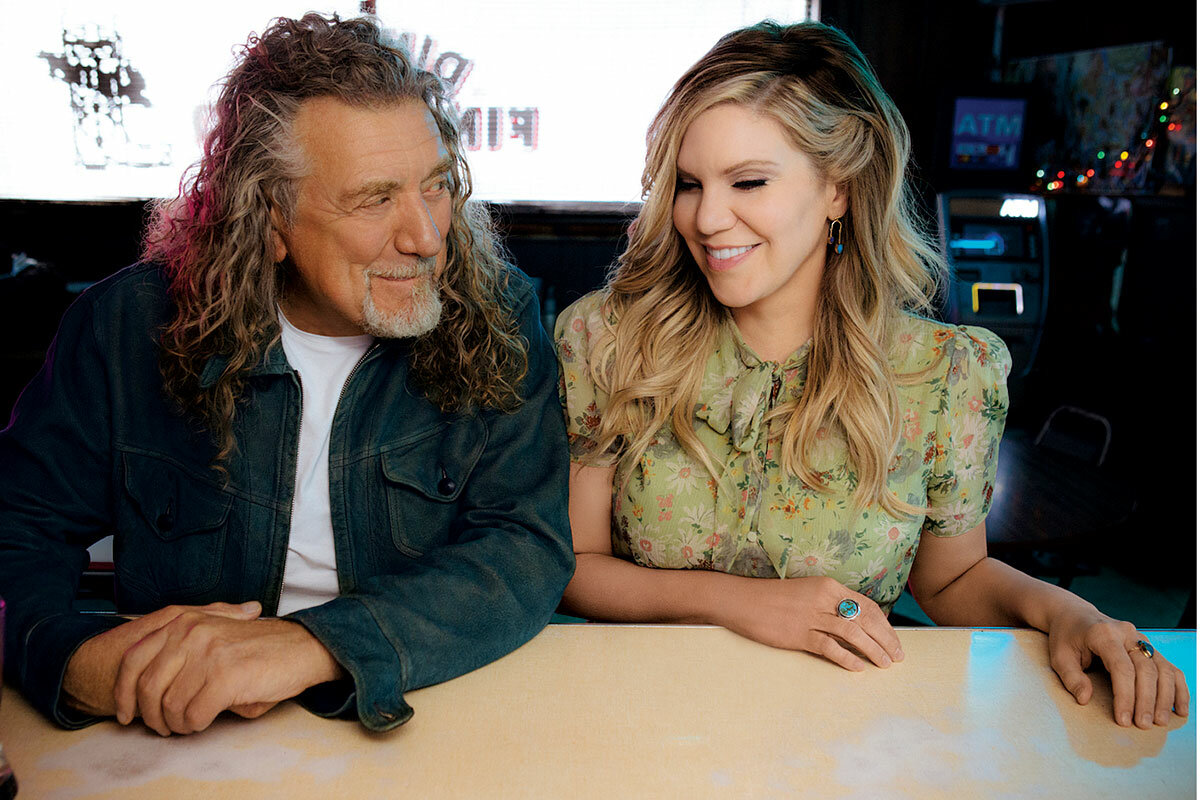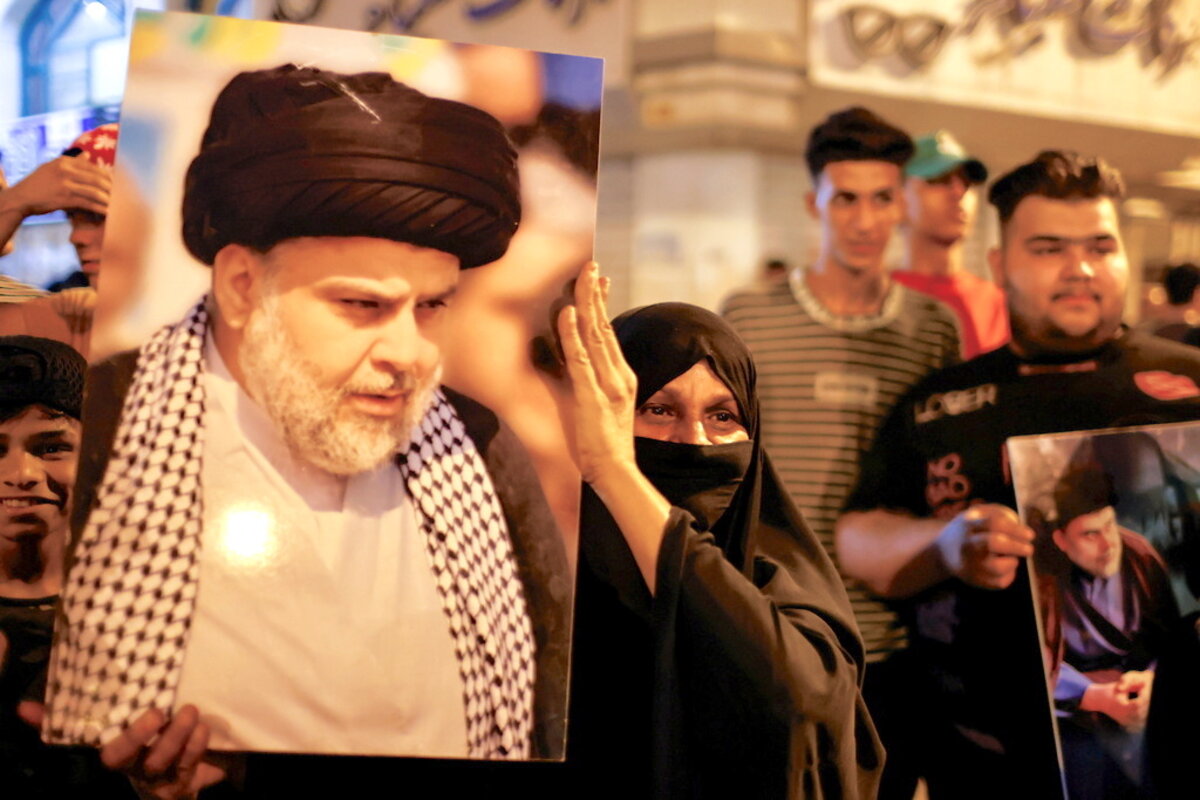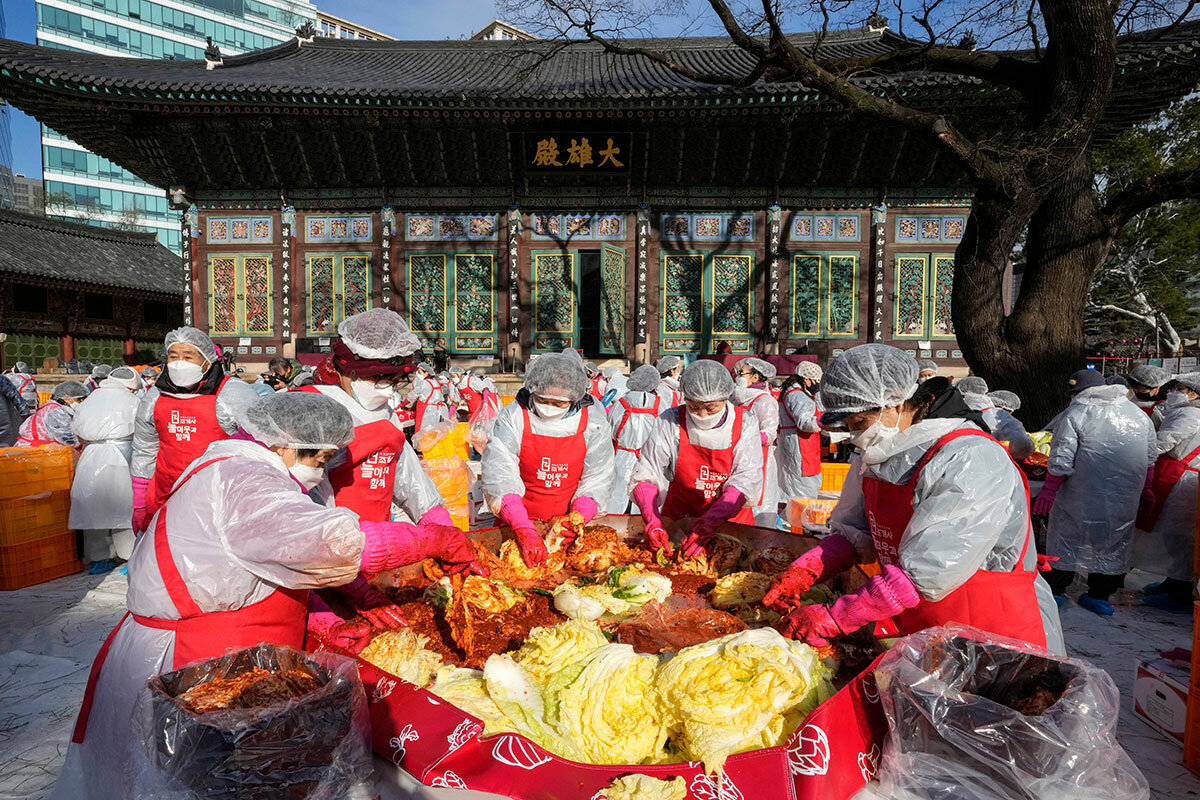News of a COVID-19 variant has prompted a new wave of concern, and that creates new challenges for the government. Here’s what has happened so far.
Monitor Daily Podcast
- Follow us:
- Apple Podcasts
- Spotify
- RSS Feed
- Download
 Mark Sappenfield
Mark Sappenfield
Inside the Monitor, we have a phrase that we throw around a lot. It’s called “models of thought.” Here’s the idea: We need to understand not just the facts about a situation but the mental landscape behind it. When you understand why people or groups act the way they do, you understand the news much more deeply.
I bring that to your attention today because of Scott Peterson’s story about the Taliban’s ongoing war against former Afghan government officials. Scott could have just told you the facts of the story, which are grim. But he does something more.
At one point, one of his sources notes that the Taliban have “proved incredibly effective at indoctrinating and incubating an entire generation of fighters. Those guys have the mindsets that they do, because of Taliban propaganda … and now they can’t put a lid on it.”
Once you create a mindset of terror and reprisal (as the Taliban have) it’s tough to turn that off. So the solution is not solely in reining in the Taliban. It is about addressing a mindset that fuels all Afghanistan’s insurgencies. Will bombs do that? Will money?
These are the questions behind the questions that rarely get asked – probing the mental models beneath the news that are essential to rightly identifying and addressing the world’s problems, whether in Central Asia, Europe, or the United States. And we at the Monitor think that empowers you to grasp not only the who, what, when, and where, but the why.





